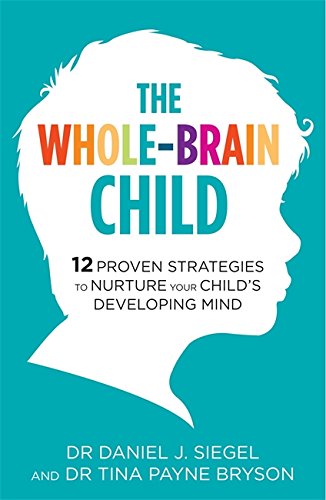7 things children do instead of saying they aren't okay.
That's the thing about growing up - there's an awful lot of it to do.
We're all works in progress but for children, that's especially true.
The human brain isn't considered fully mature until the mid-twenties!
But synaptic connections can actually be formed at any age - that's why you can still learn to dance or speak Spanish at eighty!
However at the heart of it is this; the younger your child is, the less able they are to understand, interpret and manage their big feelings.
So instead of words, they communicate their not okayness in different ways.
*This post contains affiliates links to an amazon products. Should you decide to purchase the product we'll recieve a small amount of comission. Thank you!
We only link to products that we really think are worth your time and money.
Being not okay might look like;
Clinging to you
Pushing you away
Lashing out
Hiding
Breaking something
Having a tantrum
Complaining of physical pains
And what do they need when they do these things?
Just our empathy and presence.
Even when it appears to be over something of little importance.
We don't always need to fix it for them. In fact this can sometimes do more damage than good.
It's our job as parents to teach them that this will pass, that they can learn to not feel overwhelmed by their big feelings.
The science behind these behaviours?
One of the last parts of the brain to fully mature is the prefrontal cortex, also known as the social brain. This area helps us to do the really clever stuff like plan ahead, self-regulate, reflect and be logical. This is the part of the brain that isn’t fully online until early adulthood. (Explains a little about all those bad teenage decisions!)
If you're interested in learning more about your child's brain, neuroscientist Dr Dan Siegel has written a brillient, engaging and easy to read book for parents called The Whole Brain Child.
Full of practical stratergies and real-life examples this book might just revolutionise your parenting experience.
So you can imagine when we don't have full access to these skills, life can be a pretty overwhelming experience.
They need YOU and your oh-so clever prefrontal cortex to do it with them.
To find the words, provide comfort and be able to regulate your own emotions (which isn't always as easy as it sounds when faced with a full blown tantrum or snotty eye-rolling at every turn)
Responding with empathy to their distress isn’t the same as being permissive. Limits can still be held alongside support.
Changing your interpretation of your child’s behaviour is fundamental to shifting your mindset in challenging situations. Because once you think of it as your child needing your support rather than just trying to make your life difficult you’ll find it easier to respond with empathy rather than anger.
It can help to think about our own behaviours when trying to see our children in a new light.
Ever considered the behaviours that adults often exhibit when under stress?
Becoming more needy
Pushing people away
Lashing out - verbally or physically
Becoming withdrawn
Experiencing psychosomatic symptoms - upset stomach / headaches
Eating too much or too little
Using alcohol to manage
See any similarities?
If we can find empathy for ourselves in these times we are much more likely to choose helpful strategies for managing stress and model positive emotional regulation for our children.
Helping children to manage their emotions in the early years can have a huge impact on the way they manage challenges in the future as teenagers and even adults.
Interested in learning more about mindful parenting and gentle discipline?
Join the conversation in our Facebook community the Mellownest Mindful Mothers


